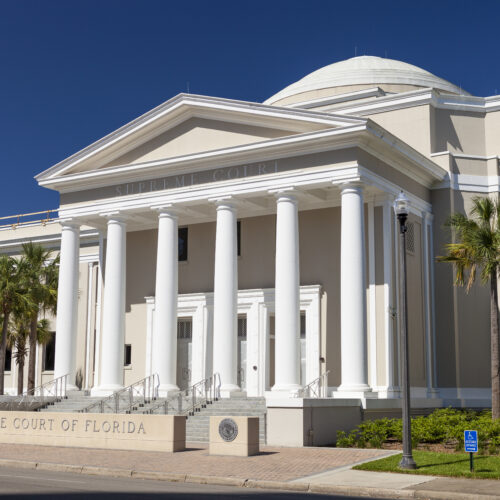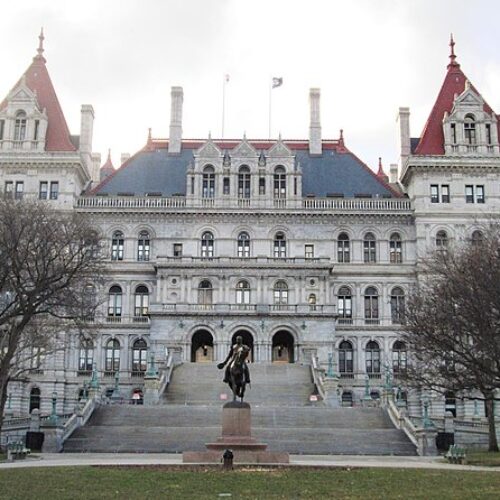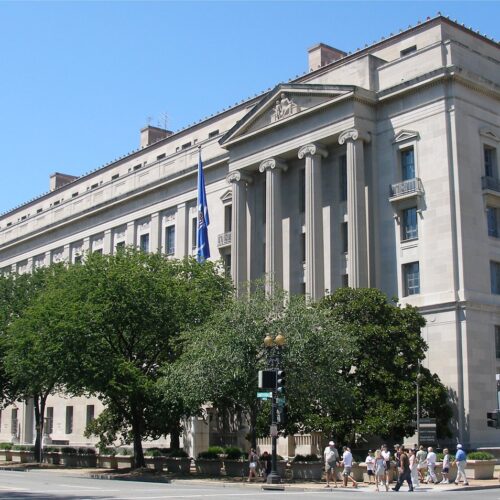Florida Supreme Court grants public defenders the right to declare case overload

Pleading the Sixth: On May 23, 2013, the Florida Supreme Court granted the 11th Circuit Public Defender (Miami-Dade County) the right to refuse new cases due to case overload. Importantly, the Court makes the case that Strickland is an inadequate remedy to right to counsel violations resulting from excessive caseloads.
Any attempt to deal with the thousands of potential ineffective assistance of counsel claims resulting from excessive workload on a case-by-case basis is “tantamount to applying a band aid to an open head wound.” So declared the Florida Supreme Court on May 23, 2013, in granting the 11th Circuit Public Defender (Miami-Dade County) the authority to refuse new case assignments when caseloads become unmanageable.
The decision in Public Defender, 11th Judicial Circuit of Florida v. State is the culmination of a five-year battle begun in 2008 when the Miami-Dade public defender office requested judges to stop appointing them in felony cases because their attorneys were carrying more than 500 cases per year per attorney. This is far in excess of all nationally recognize public defender workload standards, which suggest that an attorney carry no more than 150 felony cases if that is the only type of case she handles – workload maximums that the American Bar Association Ten Principles of a Public Defense Delivery System states “should in no event be exceeded.”
Though the trial court initially granted the public defender request, an appellate court overturned the lower court’s ruling agreeing with the State that there are adequate remedies available through the appellate process and post-conviction proceedings to remedy any violations of the indigent defendant’s right to effective counsel that may ensue from the conflict of an excessive caseload. In effect, the appellate court ruled that one can never know whether or not a particular deficiency is harmless until the case is disposed.
The Florida Supreme Court rejected this position noting that in “extreme circumstances where a problem is system-wide, the courts should not address the problem on a piecemeal case-by-case basis. This approach wastes judicial resources on redundant inquiries.” In other words, Strickland v. Washington is the wrong remedial standard for systemic deficiencies in the delivery of right to counsel services associated with excessive caseloads (or, for that matter, judicial interference, delayed entry of counsel, etc.). Emphasizing that the trial court should permit withdrawal when there is “a substantial risk that the representation of one or more clients will be materially limited by the lawyer’s responsibilities to another client,” the Supreme Court decision remands the case back to the trial courts to determine if the current public defenders caseloads prevent the delivery of constitutionally adequate representation.
However, the Court called the lengthy evidence presented in the case to be a “damning indictment” of the poor quality of representation given to those of insubstantial means when caseloads get to unmanageable levels. Noting that when public defenders juggle too many cases at once they must often meet the defendant “for the first time at arraignment during a few minutes in the courtroom or hallway and knows nothing about the case except for the arrest form provided by the state attorney, yet is expected to counsel the defendant about the State’s plea offer,” the court bemoaned that the court system treats overburdened public defenders as “mere conduits for plea offers.” Indeed, the Court noted that excessive caseloads force many clients to receive, in effect, “nonrepresentation and therefore a denial of the actual assistance of counsel guaranteed by Gideon and the Sixth Amendment.”
In a May 23rd press statement, Miami-Dade Public Defender Carlos Martinez concurred. As the case has moved slowly through the courts, Martinez noted, public defenders have been forced to deal with the “crippling caseload” by making the “difficult decision of picking and choosing which client gets legally competent and diligent representation and which do not.” “We are elated with today’s ruling by the Supreme Court of Florida,” Martinez concluded, noting that Florida courtrooms will not become “factories of injustice and inequity.”


